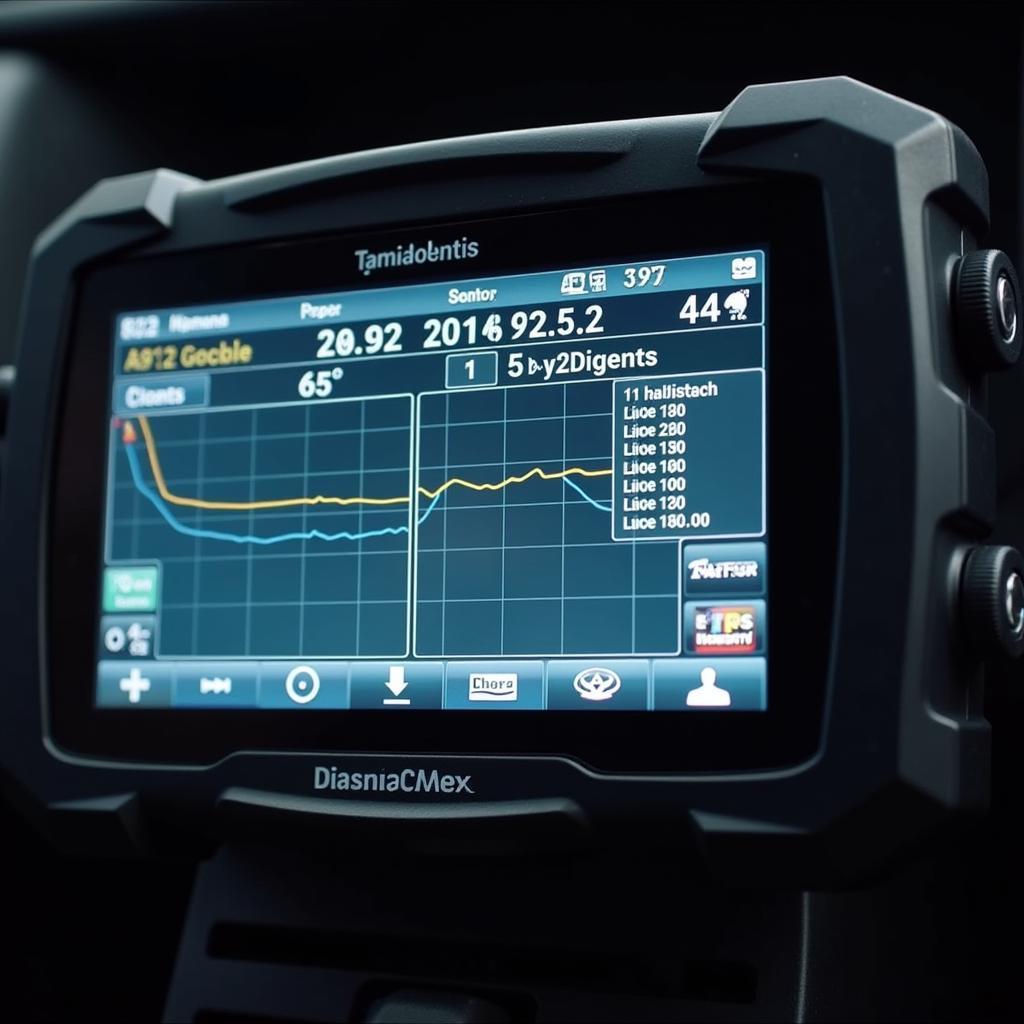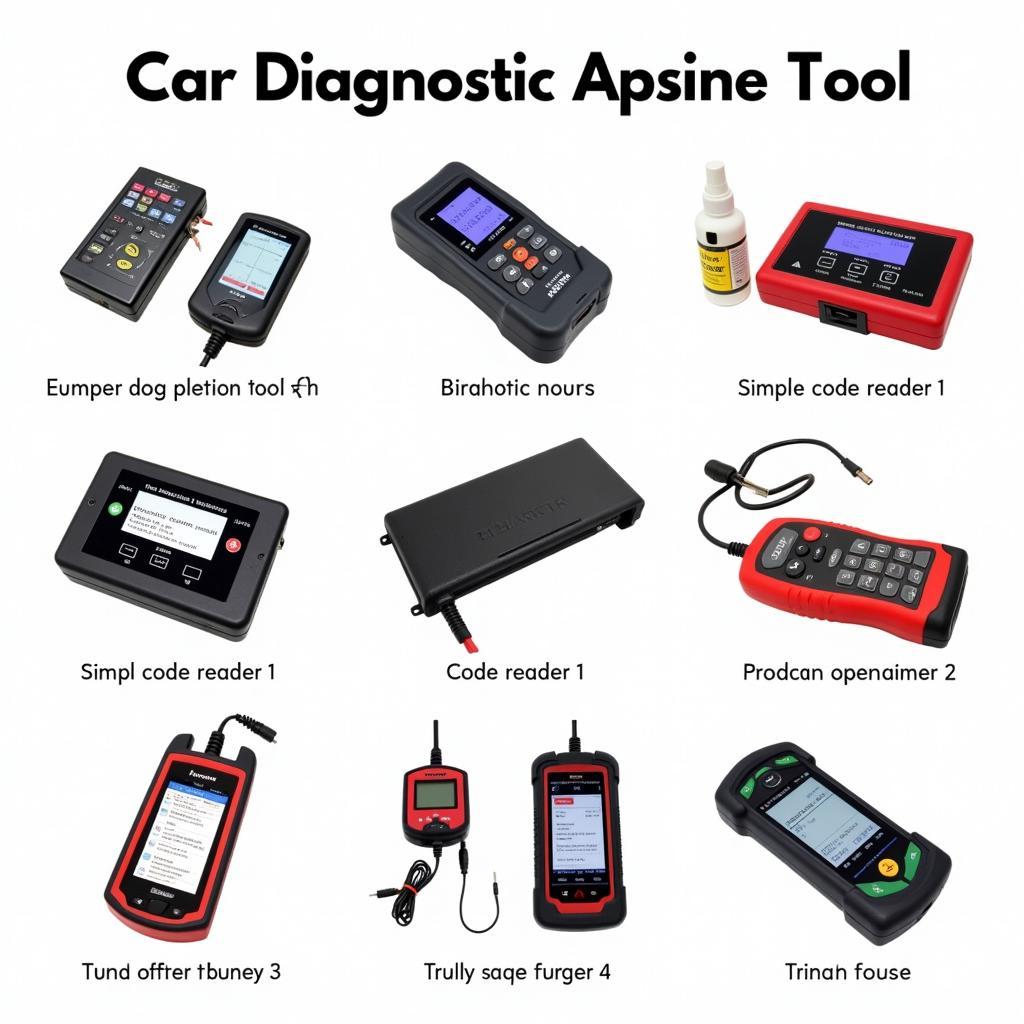In-car technology has revolutionized the driving experience, transforming vehicles into sophisticated hubs of connectivity, entertainment, and safety. From advanced driver-assistance systems (ADAS) to cutting-edge infotainment platforms, the modern car is packed with complex electronic systems. Understanding these systems, especially their diagnostics, is crucial for both car owners and professionals in the automotive industry.
Understanding In-Car Systems
Modern vehicles rely heavily on interconnected electronic control units (ECUs) that manage everything from engine performance and transmission shifting to climate control and safety features. These systems communicate through complex networks, making diagnostics essential for identifying and resolving issues. Think of your car as a miniature computer network on wheels – and like any computer network, it needs specialized tools to diagnose problems. This is where dealer scanners come into play, offering a deeper level of insight into your car’s inner workings than generic OBD-II scanners.
The Importance of Diagnostics
Diagnosing in-car systems can be challenging, requiring specialized tools and knowledge. Dealer scanners, also known as factory scan tools, provide access to manufacturer-specific data and functionalities, allowing for more comprehensive diagnostics. These tools are essential for identifying and resolving complex issues that generic OBD-II scanners may miss. For instance, while a generic scanner might tell you there’s a problem with your engine, a dealer scanner can pinpoint the specific sensor or component causing the issue.
 Close-up of a dealer scanner displaying diagnostic information
Close-up of a dealer scanner displaying diagnostic information
Dealer Scanners: The Power of In-Depth Diagnostics
Dealer scanners provide a range of benefits, including access to manufacturer-specific codes, bi-directional control functionalities, and advanced programming capabilities. These features enable mechanics and technicians to perform complex diagnostics, such as module coding, key programming, and system resets. Want to learn more about maintaining your car’s cooling system? Check out how to put coolant in car.
Key Features and Benefits
- Manufacturer-Specific Codes: Dealer scanners can access codes specific to the vehicle’s make and model, providing more precise diagnostic information.
- Bi-Directional Control: This feature allows technicians to control various systems and components, such as activating solenoids or testing actuators, for more effective troubleshooting.
- Advanced Programming: Dealer scanners can be used to program new modules, replace lost keys, and perform system resets.
- Live Data Streaming: Monitor real-time data from various sensors and systems to identify intermittent issues and analyze performance.
Do you need to refresh your LinkedIn profile? Consider a linkedin career.
Choosing the Right In-Car Diagnostic Tool
Selecting the right diagnostic tool depends on various factors, including your budget, technical expertise, and the specific needs of your vehicle. While generic OBD-II scanners are suitable for basic diagnostics, dealer scanners offer more comprehensive capabilities for professional use. For information on Wisconsin car registration, you can visit wisconsin car registration.
 Various types of automotive diagnostic scanners, from basic OBD-II readers to advanced dealer-level tools.
Various types of automotive diagnostic scanners, from basic OBD-II readers to advanced dealer-level tools.
What kind of diagnostic tool do I need?
A generic OBD-II scanner is often sufficient for reading and clearing basic trouble codes. However, for more advanced diagnostics, repairs, and programming, a dealer scanner is indispensable.
“A proper diagnosis is the first step to a successful repair,” says John Stevenson, Senior Automotive Technician at Advanced Auto Solutions. “Using the right tools, especially a dealer scanner, makes all the difference.”
Conclusion
In-car technology is constantly evolving, making diagnostics more crucial than ever. Understanding these systems and utilizing the right tools, like dealer scanners, empowers car owners and professionals to effectively address complex issues, ensuring optimal vehicle performance and safety. In-car diagnostics are essential for maintaining the reliability and longevity of your vehicle. Need to recharge your car’s AC? See our guide on how to recharge ac in car.
FAQ
- What is a dealer scanner?
A dealer scanner is a specialized diagnostic tool designed to access manufacturer-specific data and functionalities within a vehicle’s electronic systems.
- What are the benefits of using a dealer scanner?
Dealer scanners offer more comprehensive diagnostics, including access to manufacturer-specific codes, bi-directional control, and advanced programming capabilities.
- What is the difference between a dealer scanner and a generic OBD-II scanner?
Generic OBD-II scanners are suitable for basic diagnostics, while dealer scanners provide more in-depth analysis and functionalities for professional use.
- How do I choose the right in-car diagnostic tool?
The right tool depends on your budget, technical expertise, and the specific needs of your vehicle.
- Where can I find more information about in-car diagnostics?
DiagXcar offers a wealth of information on dealer scanners and automotive diagnostics.
“Investing in a good dealer scanner is like having a direct line to your car’s brain,” adds Maria Rodriguez, Lead Diagnostic Technician at Auto Experts Inc. “It gives you the power to understand and address issues efficiently.”
Need help? Contact us via WhatsApp: +1(641)206-8880, Email: [email protected] or visit us at 276 Reock St, City of Orange, NJ 07050, United States. We have a 24/7 customer service team.


